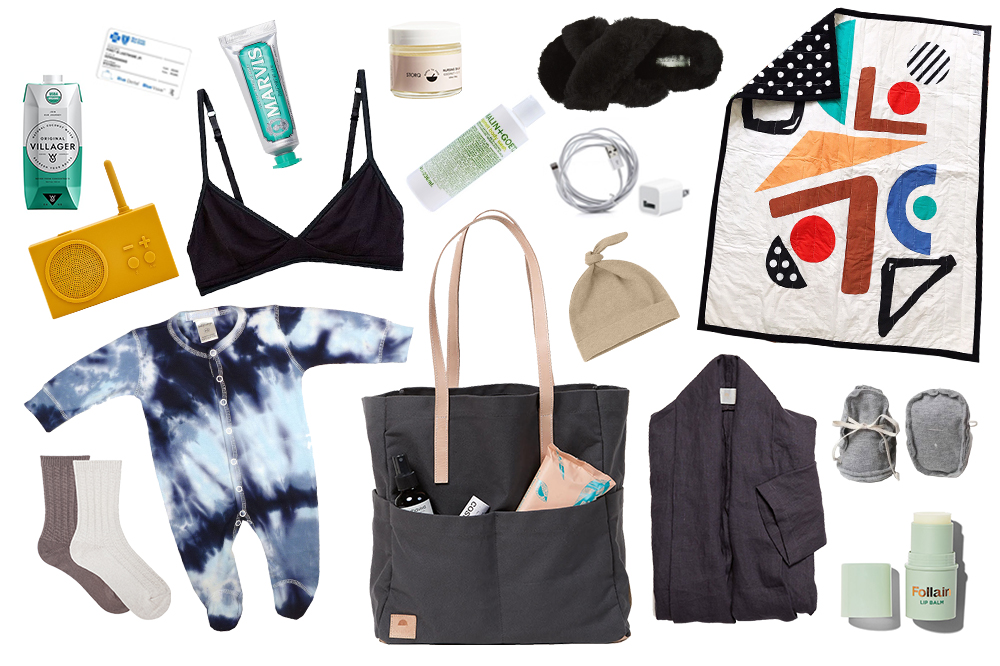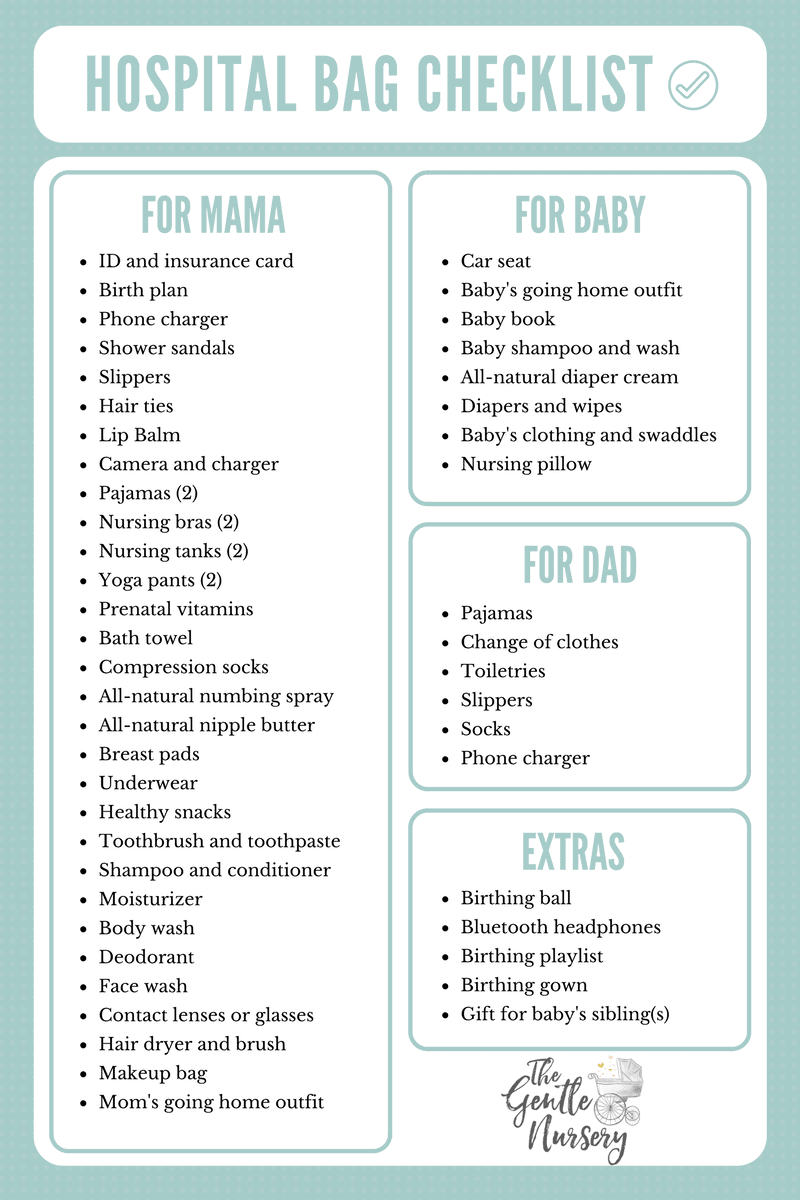

- #HOSPITAL BAG CHECKLIST FOR SURGERY FULL#
- #HOSPITAL BAG CHECKLIST FOR SURGERY TV#
A cap or hat – for walking the halls without having to fix your hair Comfort. Slippers / Crocs – for walking the halls. Cash and change – bring a small amount of cash which will allow you to purchase snacks, a newspaper or other things from the vending machine or hospital restaurant. When you are able to get up and walk around you will be glad to have packed the following items: Slippers for showering or when putting on shoes is difficult or impossible. 
Fresh change of clothes / clean underwear.Comfortable clothing such as sweat pants, comfy bra, loose shirts.Packing some of your own comfortable clothing will help you get through. If you have stayed overnight in a hospital before you probably know that hospital gowns aren’t the most comfortable garments. Make sure to carry your own >70% alcohol spray bottle or wet wipes.
#HOSPITAL BAG CHECKLIST FOR SURGERY FULL#
* With the current Covid-19 pandemic in full swing it’s even more critical to be vigilant regarding ones own personal hygiene as well as that of others. Disposable gloves for when you’re touching door handles when going to the restroom or when you need support from the wall rails in the hospital corridor.A bandana or shawl you can put in front of your mouth and nose to shield yourself from coughs and sneezes or heavy breathing by other patients in case there are no mouth masks available for patients.
#HOSPITAL BAG CHECKLIST FOR SURGERY TV#
Antiseptic wipes *– besides asking physicians and nurses to wash their hands another way of being proactive is wiping down surfaces such as the telephone and the TV remote control. Throat lozenges – another great throat soother. It is great for soothing your throat and as a quick source of energy. Licorice – you love it or you hate it. Saline nasal spray – a dry nose may not only irritate but some people tend to get sick as a result. Mirror – in case you are still bedridden but want to check yourself for visitors or that hot doctor. Lip balm – the air is often very dry in hospitals so packing a lip balm will be a must for many women. Makeup – if you are feeling a bit more energetic you may feel like showering and putting makeup on to get ready for visitorsĪ selection of the most basic needs when it comes to personal care. Toilet paper – often better than what’s available at the hospital. Feminine hygiene products (tampons, pads, etc). Just by having a little bit of your own trusted products with their familiar scents can make you feel more comfortable. Soap and shampoo are provided by the hospital but it can be nice to bring your own. Tip: pack the things you will use most in one toiletry bag and place it on your tray table so it’s always within easy reach. Any crutches, braces, or other post-surgery aids. Sometimes people decide it’s beneficial for them to get their own aids up front. Often these are provided by the hospital or recovery clinic. Your hospital may ask you to bring a list with name and dosage of all your current medications including prescribed, herbal, and over the counter drugs.ĭepending on the type of surgery you will get you may need assistive devices. Prescription and non-prescription meds – in original containers. Tip: put all these essentials together in one folder that can be closed securely with a tie or snap closure to avoid the risk of losing these documents. Other preoperative documents (some hospitals keep these on file, others have patients keep these). Copy of power of attorney, living will and/or advance directive (if applicable). Documents requiring your doctor’s signature. Medical insurance documentation including your health insurance cards or Medicare and/or Medicaid cards. Recent x-rays, MRIs, or other scan you have had done. Mark those items you’ve already packed so you know exactly what still needs to gathered. Print it out and strike trough things you don’t need. Use these ideas as a checklist and decide for yourself what you are going to need and what not. In order to help you pack your bag before undergoing inpatient or overnight surgery here is an overview of all things you may or may not want to have with you once you are in the hospital. For longer stays, also things to keep you busy and entertained matter. On the other hand, when it comes to personal hygiene and comfort, little things can make a big difference. The surgery, anesthesia and post-op medication may make you so sleepy, tired and unaware of what’s going on around you that you will not need most things you packed. What’s less clear is that people often pack too much not realizing they will be ‘out of it’ afterwards.






 0 kommentar(er)
0 kommentar(er)
